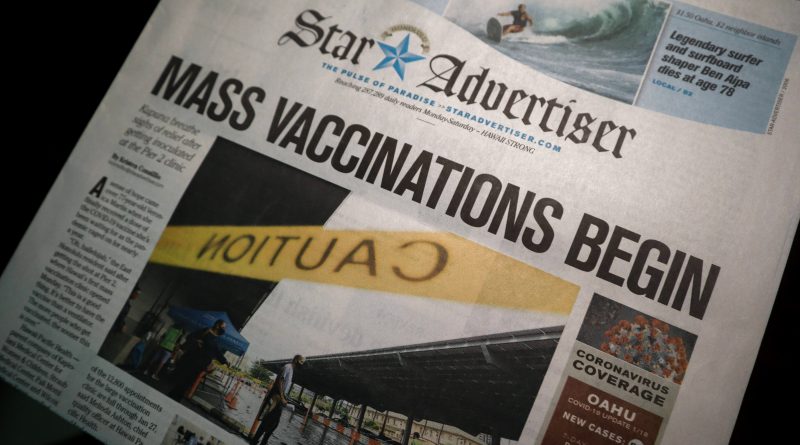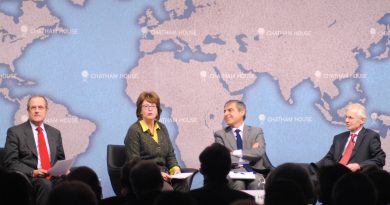Unequal World Vaccine Distribution Needs to Change
Luisa Chainferber
Staff Writer
UN Secretary-General Antonio Guterres recently heavily criticized the disproportionate distribution of COVID-19 vaccines and called on states to coordinate to ensure that more people across the globe can receive the vaccine, reports the Associated Press.
The UN chief emphasized that 130 countries have yet to obtain their first doses of the vaccine. Given this inequality, it is imperative that the international community builds stronger coordination so it can properly address global vaccine distribution.
Although efforts for greater coordination exist, more may still be necessary. Countries like the United Kingdom and the United States have already donated $734 million and $4 billion, respectively, to COVAX, an initiative by the World Health Organization (WHO) that seeks to make vaccine access more equitable across the globe, reports BBC News.
However, even members of the WHO —like board member Dr. Clemens Martin Auer from Austria— have already admitted that COVAX has not been fast enough due to the difficulty in obtaining vaccine contracts. These challenges raise concerns that COVAX alone will not be sufficient in guaranteeing that all countries will vaccinate at a rate to support global herd immunity.
Given the drawbacks of relying solely on COVAX for a more equitable global vaccination campaign, the international community should welcome and facilitate any additional efforts for vaccine equality. For example, the Dubai-based company DP World has logistics operations that are part of the supply chain of ten percent of global trade annually, according to CNBC. The company has pledged to use its capabilities to assist in bringing vaccines to very remote parts of the world, including areas that are typically outside of the reach of other logistics companies.
In a statement, DP World Chairman and CEO Sultan Ahmed bin Sulayem said that the company will do all it can because, “this pandemic will not go away unless everyone gets vaccinated.” The company also noted it will provide its expertise to help UNICEF deliver vaccines to developing countries. Given the challenges of distributing vaccines on a global scale, partnerships between international organizations or countries with the private sector —as well as other types of solutions that can speed up the process of allocating, distributing, and applying vaccines globally— must be encouraged to complement the capabilities of COVAX.
It is true there are significant limits to how equitable vaccine distribution can be. This is demonstrated by people who used political influence or other means to jump ahead the vaccine line in several countries, reports the Thomas Reuters Foundation. The advocacy for more equitable global distribution is not only the morally right approach to the pandemic, but it is also critical for the recovery of the global economy.
In fact, a study by the Centre for Economic Policy Research calculated that if developed countries become fully vaccinated by 2022 while the rest of the world remains with only partial access to the vaccine, the unbalanced vaccine distribution could cost the global economy up to $3.8 trillion. Half of the cost would be imposed on developed countries through lower demand for goods from trading partners that would still be suffering from the economic impacts of not having large portions of their population vaccinated. Additionally, as demonstrated by economic data and academic studies, vaccines are critical since the health and productive capacity of a country are highly interconnected.
Although an unequal distribution of vaccines can provide some economic relief for developed countries in the short run, an inadequate global economic recovery and the moral costs of an uneven global vaccine distribution demonstrate the utmost importance of working together. The world must continue to find solutions so that more people—especially those in developing nations that already encountered serious health and economic issues prior to the pandemic—can obtain access to vaccines in a more equitable way across the globe.




